Description
Echinacea Tincture
-
Viridian: A brand known for its ethical and often organic supplements, focusing on purity and avoiding unnecessary additives.
-
Echinacea: A well-known herb (often Echinacea purpurea or Echinacea angustifolia, or a blend) traditionally used for immune support. Key active compounds are thought to include alkamides, polysaccharides, and chicoric acid.
-
Tincture: A liquid herbal extract, typically made using alcohol (like ethanol) and water to extract the plant’s beneficial compounds. Tinctures are often absorbed relatively quickly, partly through the mucous membranes in the mouth.
Uses (How and Why People Use Viridian Echinacea Tincture):
-
Supporting Immune Function During Colds & Flu: This is the primary use. It’s taken at the very first sign of symptoms (scratchy throat, fatigue, chills) with the aim of supporting the body’s immune response.
-
Potentially Reducing Duration/Severity of Upper Respiratory Infections (URTIs): Used in the hopes of making colds or flu-like illnesses shorter or less intense.
-
Proactive Immune Support: Sometimes taken preventatively during periods of increased risk (e.g., cold season, travel, high stress) to help maintain immune readiness, although evidence for long-term prevention is less robust than for acute use.
-
General Immune Resilience: Used to generally support the body’s natural defense mechanisms.
-
Convenient Liquid Dosage: The tincture format allows for easy dosage adjustment (by drops) and is an alternative for those who prefer not to take capsules or tablets.
Potential Health Benefits (Derived from Echinacea):
-
Immune System Modulation: Echinacea is believed to influence the activity of various immune cells (like macrophages, natural killer cells, and T-cells). It’s thought to help modulate, rather than simply boost, the immune response, supporting its ability to fight off pathogens effectively.
-
May Reduce Cold/Flu Symptom Duration and Severity: This is the most researched potential benefit. Some studies and meta-analyses suggest that taking echinacea early in a cold may slightly reduce the duration (by perhaps half a day to a day) and severity of symptoms compared to placebo. However, the evidence is mixed, and not all studies show a significant effect. Quality of the preparation and timing of use are crucial.
-
Anti-inflammatory Properties: Compounds within echinacea have demonstrated anti-inflammatory effects in laboratory studies, which might contribute to soothing symptoms associated with respiratory infections (like a sore throat).
-
Antioxidant Activity: Echinacea contains compounds that act as antioxidants, helping to protect cells from damage caused by free radicals.
-
Local Throat Effect (Tincture Specific): When held in the mouth or gargled slightly before swallowing, the tincture may provide a mild local soothing or antimicrobial effect on the throat lining due to both the echinacea compounds and the alcohol base.
Important Considerations:
-
Timing is Key: For potential benefits related to colds/flu, it’s generally recommended to start taking Echinacea at the very first sign of symptoms and continue for the duration of the illness (typically 7-10 days).
-
Dosage: Follow the dosage instructions on the Viridian label precisely. Tincture doses are usually measured in drops or milliliters.
-
Taste: Tinctures, especially echinacea, often have a strong, characteristic taste (sometimes described as tingling or slightly numbing on the tongue, which is normal and related to alkamides). It’s usually taken diluted in a small amount of water or juice.
-
Alcohol Content: Tinctures contain alcohol, which might be a consideration for certain individuals (e.g., children, pregnant/breastfeeding women, those avoiding alcohol for personal or medical reasons). Check the percentage if concerned.
-
Duration of Use: Traditionally, Echinacea is often recommended for short-term, acute use (e.g., 1-2 weeks). Long-term continuous use is less common and less researched for preventative effects. Some suggest cycling it (taking breaks).
-
Allergies: Echinaca is part of the Asteraceae (daisy) family. Individuals allergic to related plants (like ragweed, chrysanthemums, marigolds) may have an allergic reaction, although this is relatively rare.
-
Autoimmune Conditions: As Echinacea may modulate the immune system, individuals with autoimmune diseases (e.g., rheumatoid arthritis, lupus, multiple sclerosis) should consult their doctor before using it.
-
Medication Interactions: May potentially interact with immunosuppressant medications. Consult a doctor if taking any prescription drugs.
-
Pregnancy/Breastfeeding: Use is generally not recommended without consulting a healthcare professional due to insufficient safety data.
-
Not a Cure: Echinaca supports the immune system; it doesn’t cure infections. It’s not a replacement for necessary medical treatment, rest, or hydration.
In summary, Viridian Echinacea Tincture is primarily used for short-term immune support, especially when initiated at the very first signs of a cold or flu, with the aim of potentially reducing symptom duration and severity. Its tincture format allows for rapid absorption and easy dosing. Always use as directed and consult a healthcare provider if you have underlying health conditions or are taking other medications.

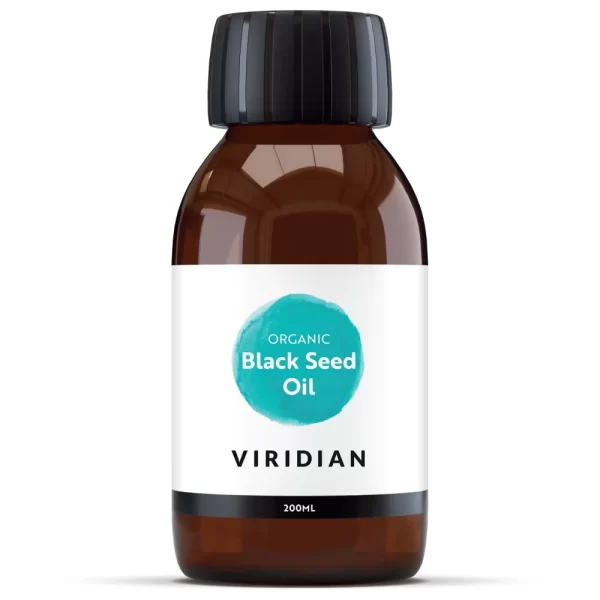
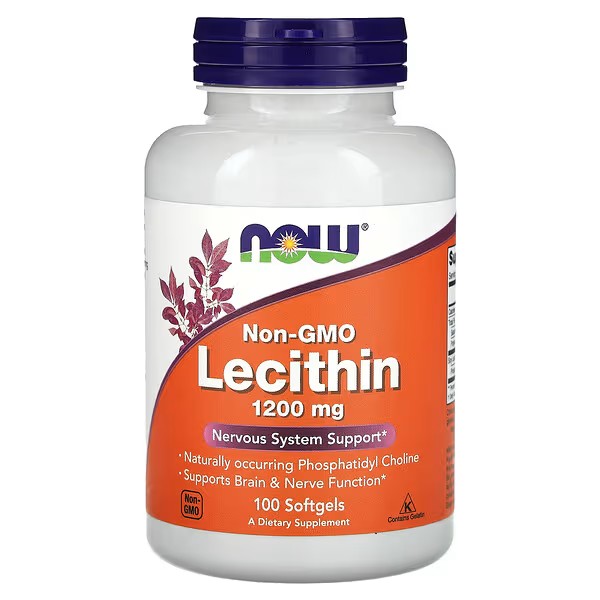
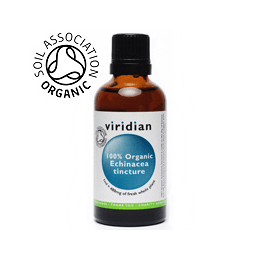

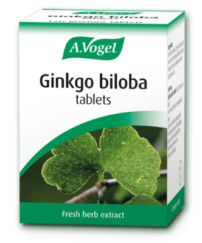
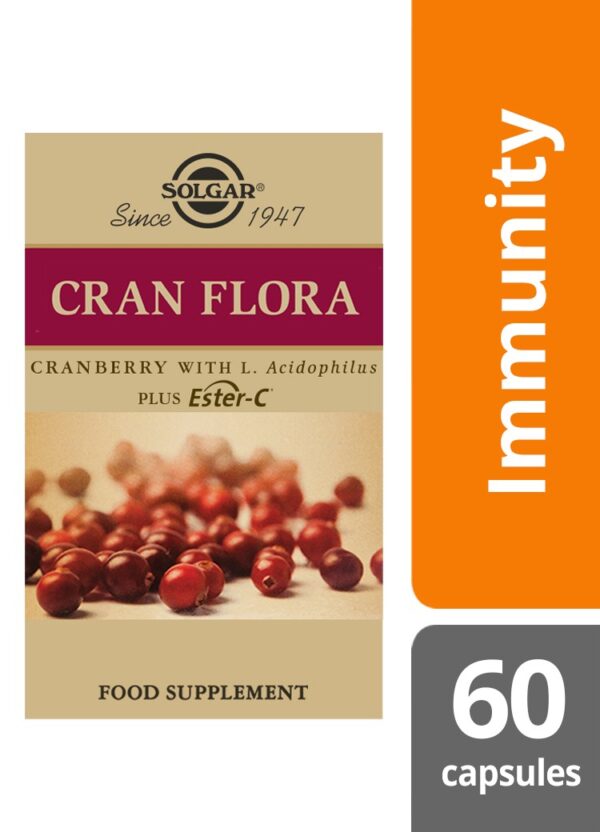
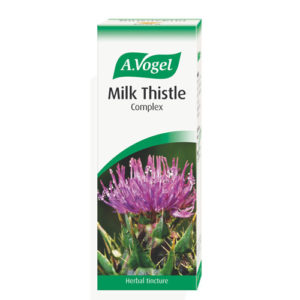
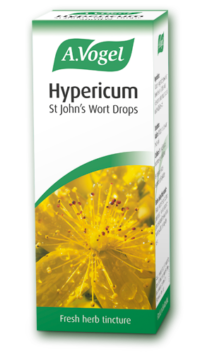
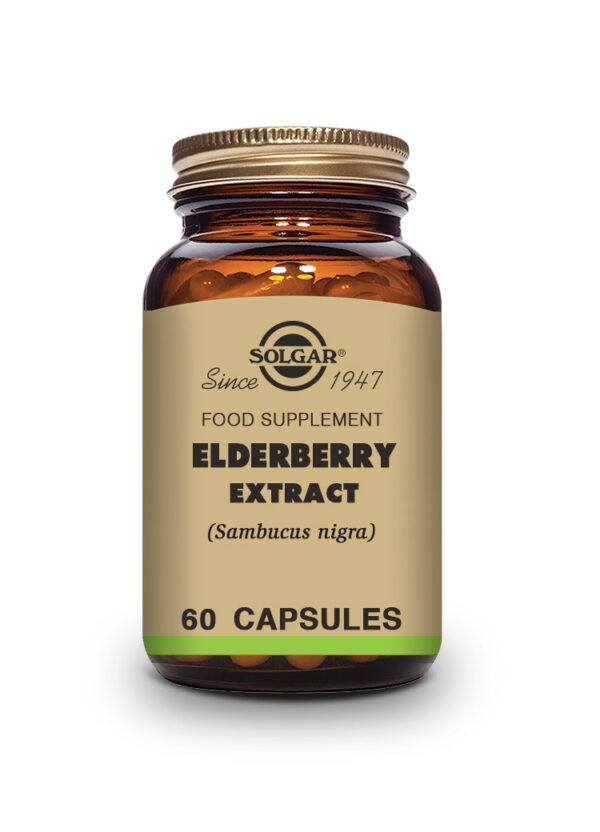
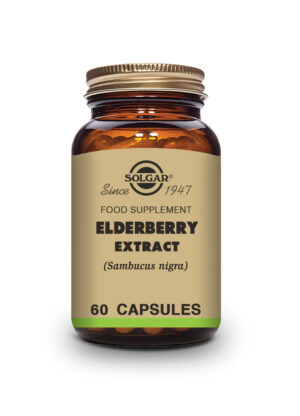
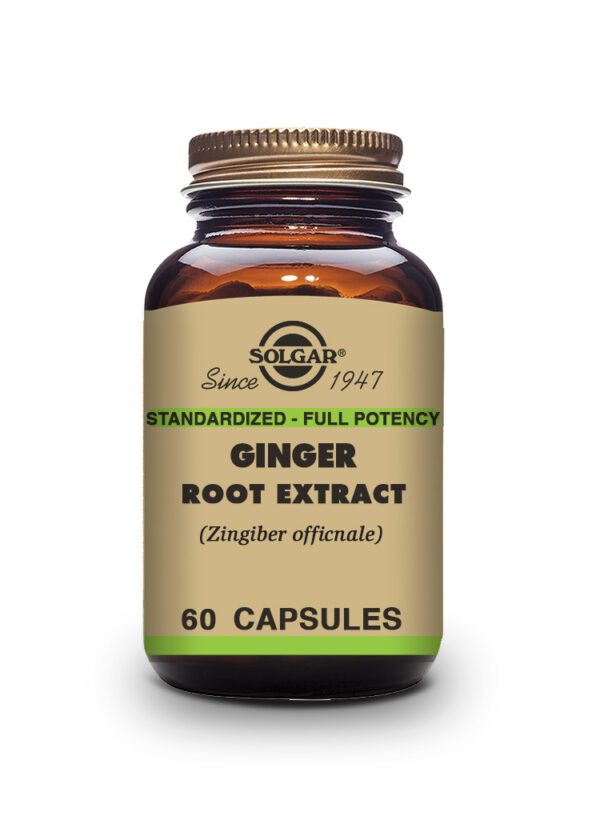

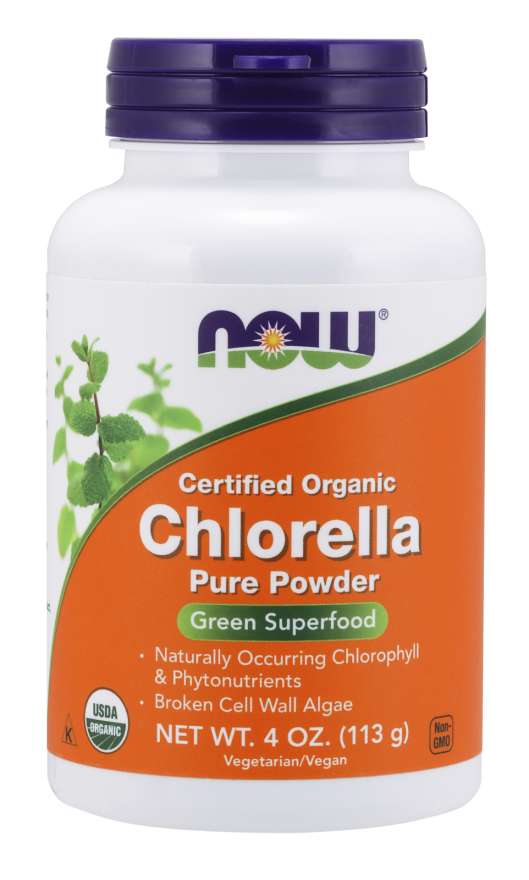
Reviews
There are no reviews yet.